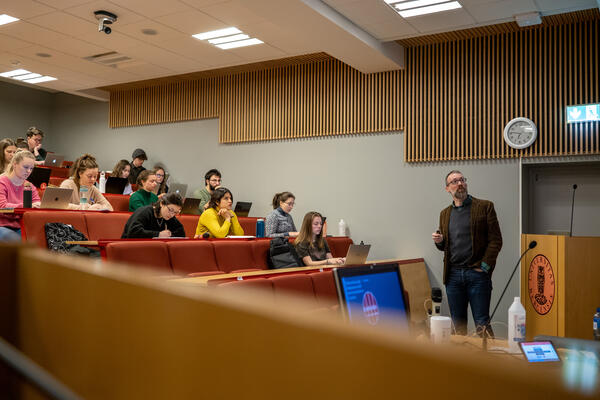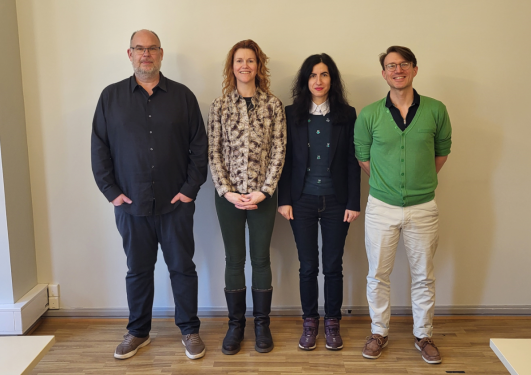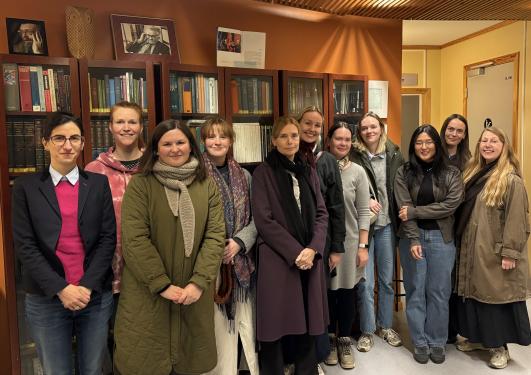
Comparative politics is the systematic study of political institutions, organisations, processes and behaviour at the local, national and international level. Comparisons across political systems and over time are central to the subject. The main focus of the research is democracy and democratisation in a wide sense, thematically and geographically.
Do you want to study Comparative Politics?
We offer study programs in Comparative Politics, European Studies and Democracy Building.
- Study programs
- Read mores about studies in comparative politics
If you need information regarding your studies, you can contact the student adviser or The Information Centre at The Faculty of Social Sciences.
Research at the Department of Comparative Politics is organised in two research groups and two research seminars.
Citizens, Opinion, Representation
Challenges in Advanced Democracies




